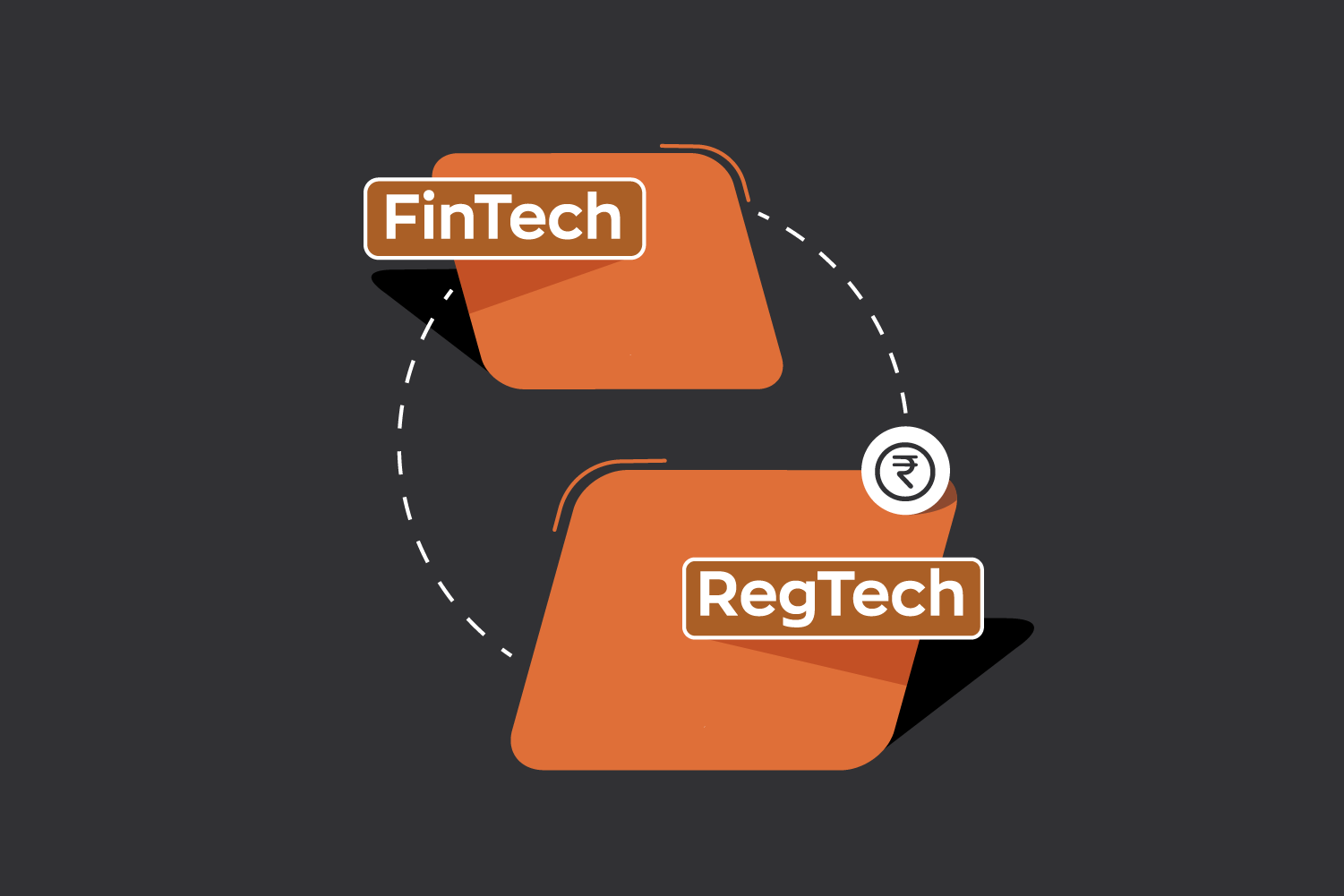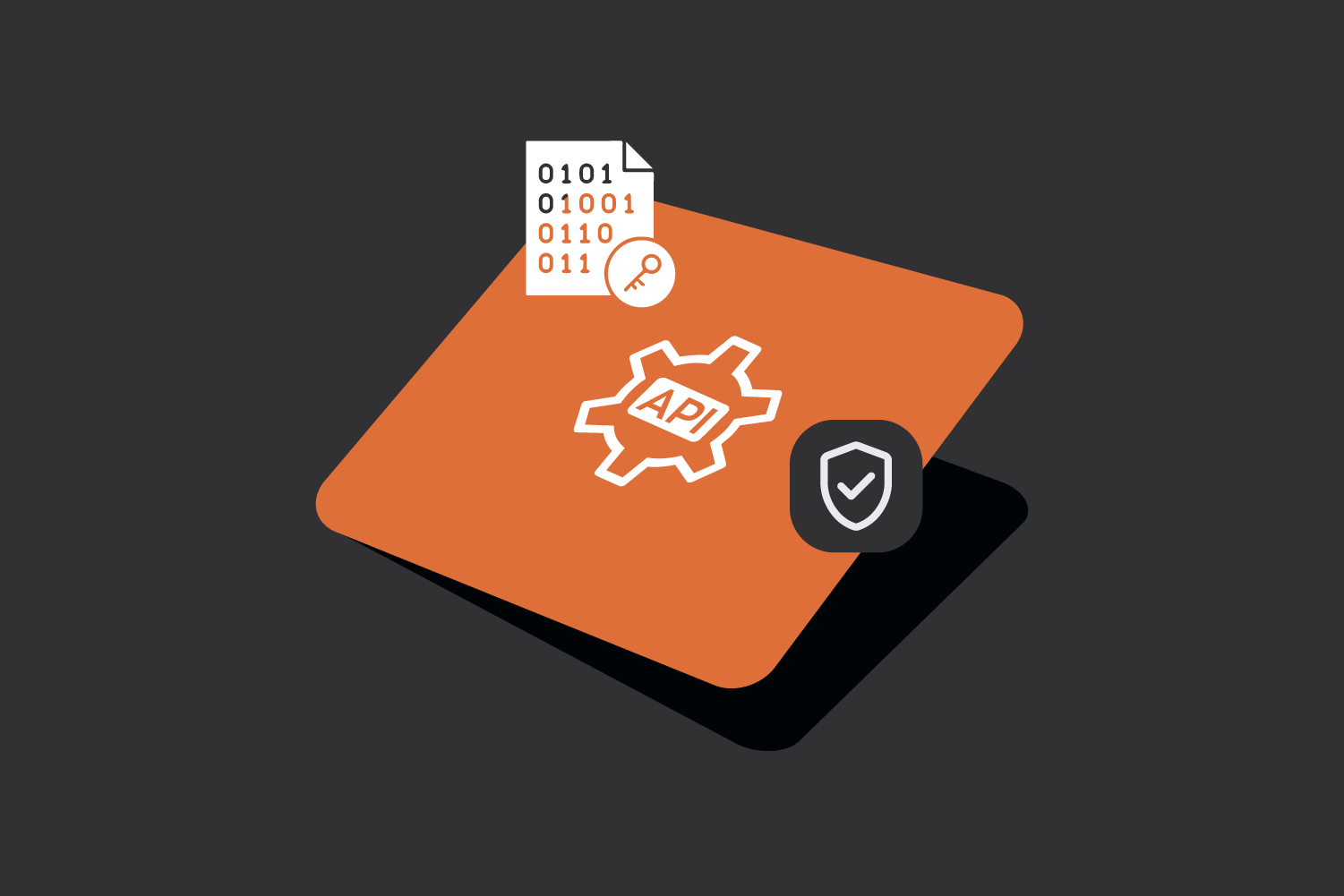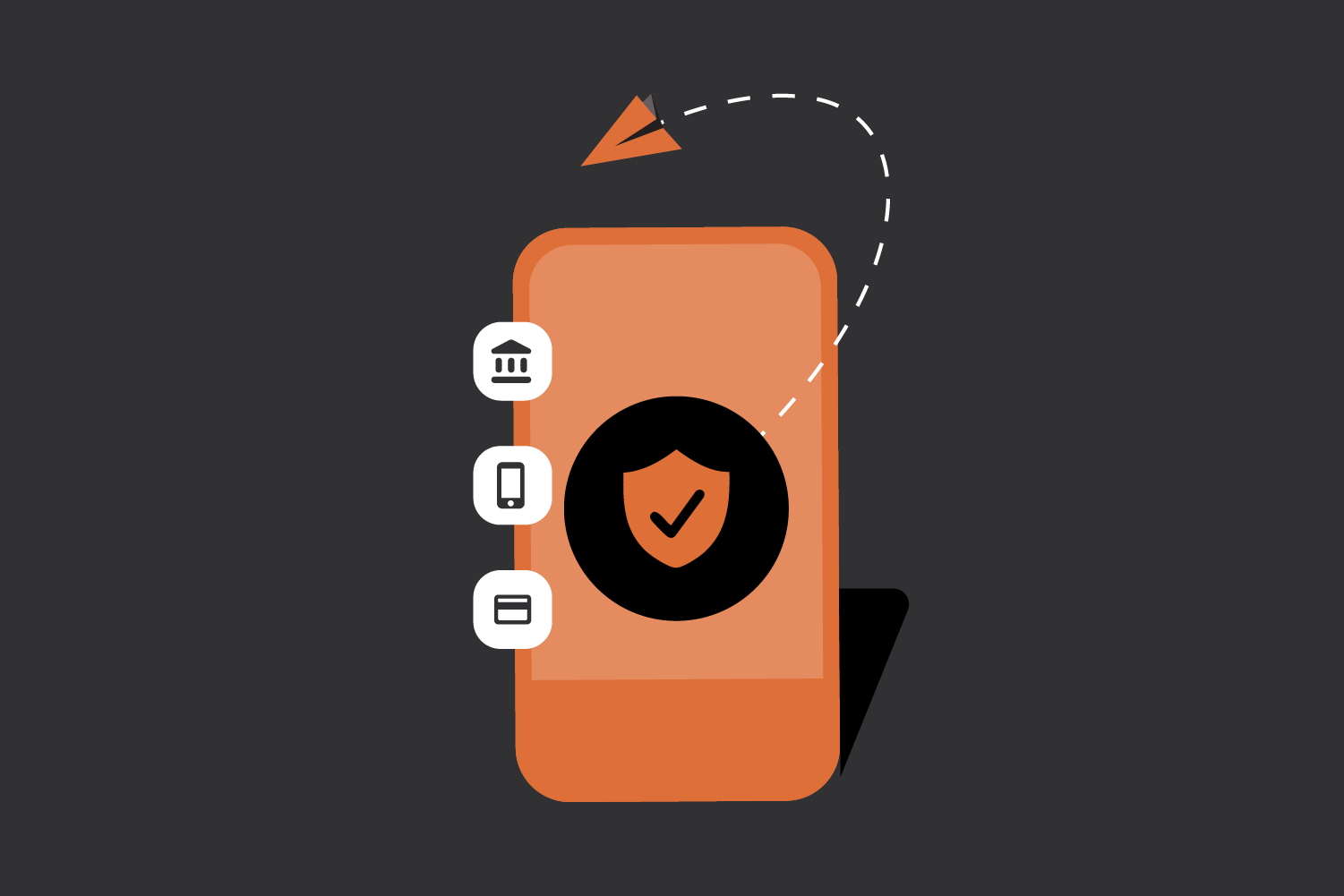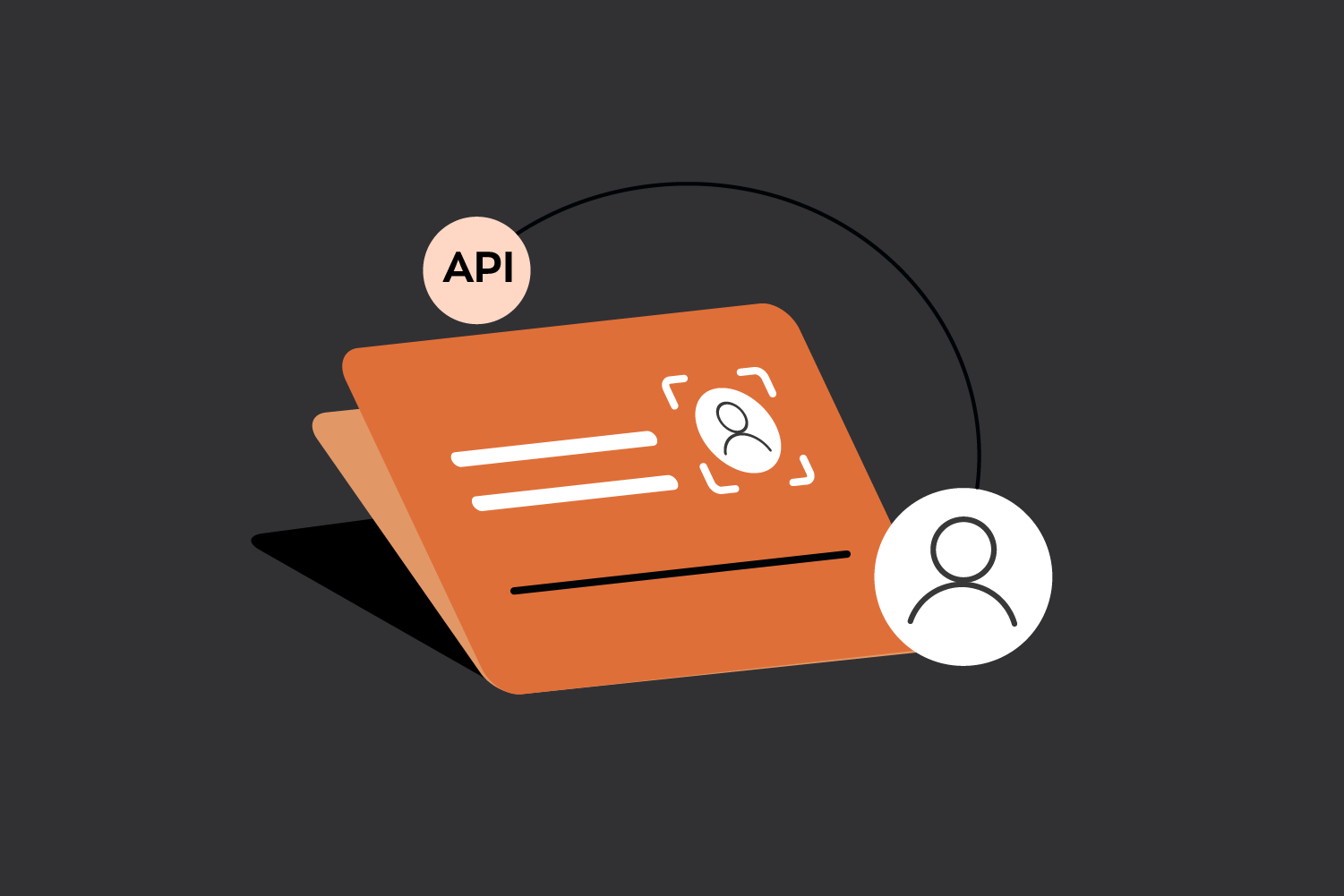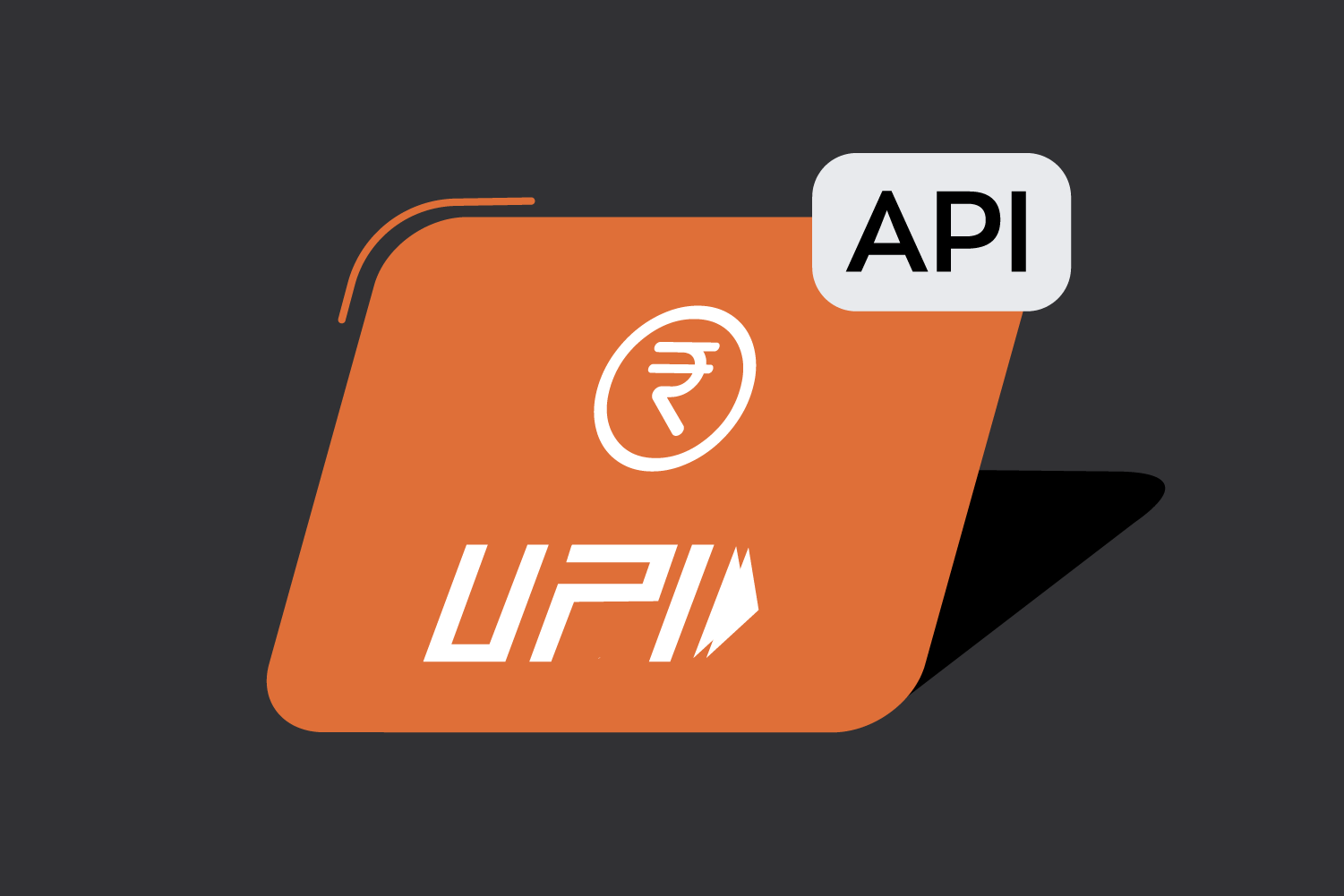In an era where transactions and partnerships are increasingly happening digitally, how do you know who you’re really doing business with? Whether it’s a potential partner, a supplier, or even a client, verifying the legitimacy of any business interaction is no longer just a precaution—it’s a necessity. With the rise of global commerce, digital platforms, and remote partnerships, trust has become one of the most valuable commodities. But how can you be sure that the businesses and vendors you engage with are credible, compliant, and reliable?
This is where Know Your Business (KYB) and Know Your Vendor (KYV) processes come into play. Both practices are essential for businesses that want to reduce risks, ensure compliance, and establish long-term, trustworthy partnerships. In today’s interconnected and regulated business ecosystem, particularly with evolving compliance requirements like GST, anti-money laundering, and data privacy laws, implementing proper verification processes is key to safeguarding your operations.
What is KYB (Know Your Business)?
Know Your Business (KYB) is the process of verifying the identity and legitimacy of other businesses that a company works with. It ensures that businesses are compliant with local regulations and financially sound, reducing the risk of fraudulent activities and helping avoid bad business relationships. For companies across industries—whether fintech, e-commerce, or supply chain management—KYB is an essential practice for ensuring they are doing business with credible entities.
Why KYB is Important
The KYB process helps businesses verify that their partners and vendors are not only legitimate but also compliant with local and international standards. Here’s why it’s crucial:
- Anti-Money Laundering (AML) compliance: Proper KYB checks help prevent money laundering, terrorism financing, and fraud by ensuring that your business partners are not involved in illegal activities. With evolving regulations like the PMLA (Prevention of Money Laundering Act) in India, businesses must ensure their partners aren’t tied to illicit financial flows.
- Mitigating financial risk: KYB helps assess the financial stability and reliability of business partners, ensuring that you avoid disruptions due to unreliable or financially unstable partners. By verifying financial records and credit histories, companies can assess whether a potential partner can meet its financial obligations, reducing the risk of future defaults or delayed payments.
- Regulatory adherence: With constantly evolving regulations like GST, data protection, and industry-specific laws, ensuring that your business partners are fully compliant is crucial for mitigating legal and financial risks. KYB ensures that businesses comply with key regulations, such as GST filing and compliance, thus protecting you from penalties and reputational damage.
The KYB process generally involves:
- Business registration: Verifying that the business is registered with the relevant authorities, ensuring its legitimacy.
- Ownership and corporate structure: Understanding the business’s ownership and structure, including its shareholders and directors.
- Financial records: Assessing the business’s financial health through financial statements, tax records, and credit histories.
- Compliance checks: Ensuring that the business adheres to all necessary regulatory requirements, including tax laws, industry standards, and labor laws.
What is KYV (Know Your Vendor)?
While KYB focuses on verifying the business entities you engage with, Know Your Vendor (KYV) extends the verification process to the vendors providing goods or services to your business. For any company relying on third-party vendors—whether for outsourcing, procurement, or supply chain management—KYV ensures that these vendors meet both legal and operational standards. With the growing complexity of supply chains and vendor networks, proper vendor verification is critical for maintaining business continuity and protecting your reputation.
Why KYV is Essential
Verifying your vendors is vital for preventing operational disruptions and safeguarding your business’s integrity. Here’s why:
- Quality assurance: Ensuring your vendors are reliable helps guarantee that the goods or services they provide meet the required standards, preventing quality issues from affecting your business operations. By verifying their production capabilities, certifications, and quality assurance processes, you ensure that your vendors meet expectations and contractual obligations.
- Supply chain security: Verifying vendors helps reduce risks related to counterfeit goods, fraud, or non-compliance within your supply chain. For example, ensuring that vendors comply with the latest quality and safety standards, such as ISO certifications, can protect your business from selling substandard or hazardous products.
- Legal and regulatory compliance: Ensuring that vendors adhere to regulatory frameworks, from environmental standards to tax compliance, helps protect your business from legal liabilities. For instance, vendors involved in environmental hazards or failing to meet labor laws can bring significant legal challenges to your business if not properly vetted.
- Fraud prevention: Identifying fraudulent vendors early helps protect your business from reputational damage, financial losses, and supply chain disruptions. A fraudulent vendor can cause a ripple effect, leading to product recalls, legal actions, and severe damage to your business’s reputation.
KYV typically involves:
- Licensing and certifications: Ensuring vendors are properly licensed and certified to operate within their industry, guaranteeing they meet industry standards and governmental regulations. This includes checking certifications like ISO, FSSAI (Food Safety and Standards Authority of India), or GST registration.
- Background checks: Conducting background checks to assess the reputation and history of vendors, ensuring they have no history of fraud or non-compliance. Verifying their track record of delivering on time and meeting product specifications can prevent future disruptions.
- Contractual compliance: Reviewing contracts and ensuring vendors adhere to agreed-upon terms, timelines, and service standards.
- Financial stability: Verifying that vendors are financially stable to avoid interruptions in service delivery due to financial issues. This could involve assessing their past financial records, creditworthiness, and ability to honor contracts, ensuring they remain operational over the long term.
How KYB and KYV Work Together
While KYB and KYV focus on different aspects of business verification, they complement each other in creating a secure and reliable ecosystem for business transactions. By verifying both business partners (KYB) and vendors (KYV), you establish a robust framework for minimizing risk, ensuring compliance, and fostering trustworthy relationships.
Here’s how they work together:
- Minimizing fraud risks: By verifying both business partners and vendors upfront, you ensure that you’re working with credible and trustworthy entities, effectively reducing the chances of fraud.
- Transparency and trust: Both KYB and KYV promote transparency by providing a clear view of the business structure, financial health, and compliance standing of the entities involved.
- Streamlining operations: By conducting thorough checks, businesses can engage in transactions with confidence, knowing their partners and vendors are legally compliant and financially stable. This promotes smooth, uninterrupted operations.
In today’s fast-paced and interconnected business world, understanding the significance of KYB and KYV processes is essential for any company looking to mitigate risk, ensure compliance, and build long-term, trustworthy partnerships. Both processes are not just about meeting regulatory requirements—they are about fostering transparency and trust in every transaction.
By leveraging advanced verification solutions like Zwitch’s low-code Verification APIs, businesses can streamline verification processes, reduce friction, and build a secure foundation for growth.
Interested in our APIs? Let’s talk!
Tell us your automation goals, and we’ll set you up with a free, personalized demo from our API expert.
Click Here

